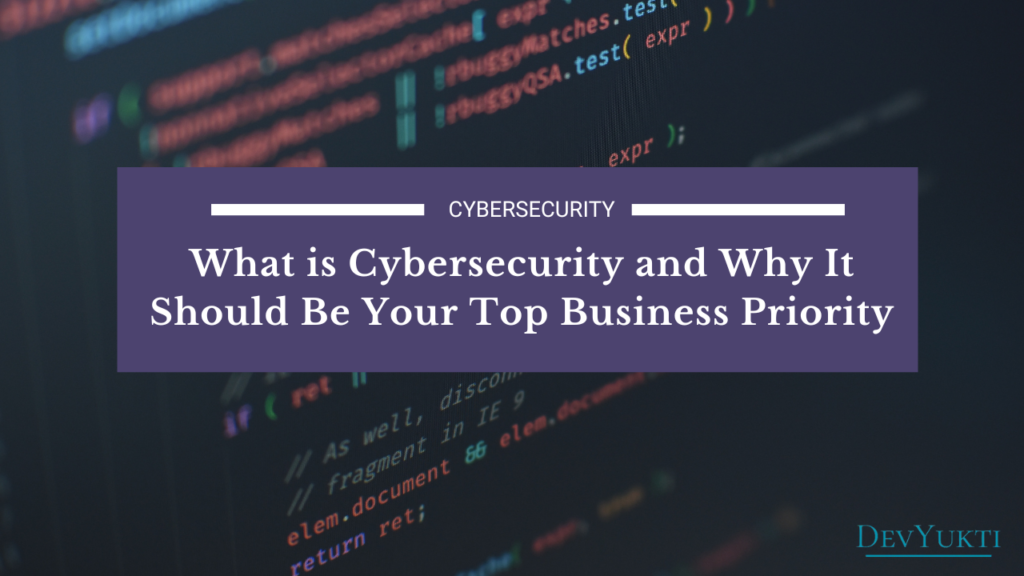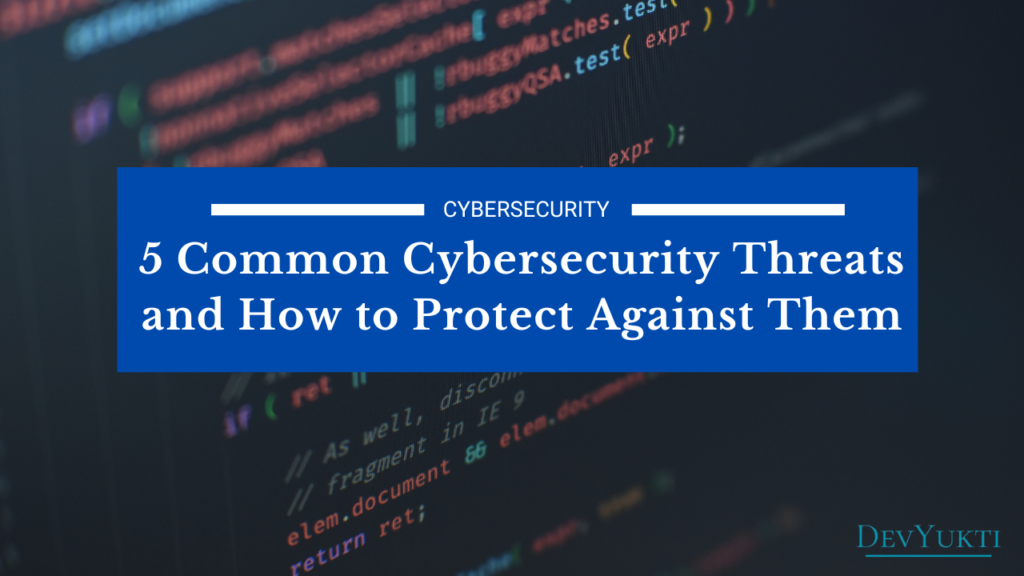In today’s digital era, cybersecurity for businesses has become a crucial aspect of protecting sensitive data and ensuring smooth operations. As more companies adopt online services, the risk of cyber threats continues to grow. But what is cybersecurity exactly, and why should it be your top business priority?
In this blog, we’ll break down the basics of cybersecurity, why it’s important for businesses, and how to safeguard your organization against cyber threats.
What is Cybersecurity for Businesses?
Cybersecurity refers to the practice of protecting networks, systems, and data from unauthorized access, attacks, or damage. This involves a range of measures, including:
- Encryption: Securing sensitive data by converting it into a code.
- Firewalls: Controlling incoming and outgoing network traffic to prevent unauthorized access.
- Antivirus Software: Detecting and removing malicious software from devices.
- Multi-Factor Authentication (MFA): Requiring users to verify their identity through multiple steps before accessing systems.
At its core, cybersecurity aims to ensure confidentiality, integrity, and availability of business data, while also protecting users from cybercrime.
Why Cybersecurity for Businesses Should Be a Top Priority
1. Protecting Sensitive Data
- One of the biggest reasons to focus on cybersecurity is to prevent data breaches that could expose customer information and sensitive company records.
- One of the most critical reasons to prioritize cybersecurity is the protection of sensitive data. Businesses handle large amounts of information, including customer data, financial records, and intellectual property. A data breach can expose this sensitive information, leading to financial loss and reputational damage.
- Check out 5 Common Cybersecurity Threats and How to Protect Against Them to understand the biggest risks businesses face today.
2. Mitigating Financial Losses
- Cyberattacks such as ransomware or data breaches can lead to significant financial damage. Apart from the cost of recovering from the attack, businesses may face legal fees, regulatory fines, and loss of revenue due to system downtime. In fact, cyberattacks cost businesses billions annually, making cybersecurity a cost-effective investment to prevent these losses.
- Cyberattacks can cause major financial losses. Investing in strong security measures helps businesses mitigate risks like ransomware and data breaches.
3. Maintaining Trust and Reputation
- Customers trust businesses to keep their data safe. A single breach can erode that trust, potentially leading to customer loss and long-term damage to your company’s reputation. Effective cybersecurity measures help businesses maintain customer confidence and loyalty.
4. Compliance with Regulations
- Many industries, such as healthcare and finance, are governed by strict data protection regulations. Businesses must comply with frameworks like GDPR (General Data Protection Regulation) and HIPAA (Health Insurance Portability and Accountability Act) to avoid hefty fines. Prioritizing cybersecurity ensures compliance with these laws and protects the business from legal issues.
5. Preventing Downtime
- Cyberattacks such as Distributed Denial of Service (DDoS) can take down websites and interrupt business operations. Every minute of downtime can result in lost revenue, productivity, and customer satisfaction. Implementing robust cybersecurity measures helps to keep your systems running smoothly.
Key Cybersecurity Measures for Businesses
To prioritize cybersecurity effectively, businesses must implement the following measures:
1. Use Strong Passwords and MFA
Encourage employees to use strong, unique passwords and enable multi-factor authentication (MFA) for an added layer of protection. MFA requires users to verify their identity using multiple methods, such as a password and a fingerprint or a one-time code.
2. Regularly Update Software
Outdated software is more vulnerable to attacks. Regularly update operating systems, applications, and antivirus software to patch security vulnerabilities. Automated updates can help businesses stay protected without manual intervention. Stay updated on the importance of software patches.
3. Employee Training
Educate employees on cybersecurity best practices, including recognizing phishing attacks and avoiding suspicious links or attachments. Human error is often the weakest link in security, so regular training is essential to prevent breaches.
4. Backup Data
Regular backups ensure that your business can recover quickly from a cyberattack. Store backups in secure, offsite locations or cloud services, and test them regularly to ensure that they are functioning correctly.
5. Implement Firewalls and Encryption
Firewalls act as the first line of defense by monitoring network traffic and blocking unauthorized access. Additionally, encrypt sensitive data both in transit and at rest to prevent unauthorized access in case of a breach.
Best Practices for Businesses
- Regular security audits are essential for protecting business data from cyber threats.
- Employee training on cyber threats like phishing and malware is crucial for business security and data protection.
- Advanced encryption techniques strengthen data security and prevent unauthorized access.
Frequently Asked Questions (FAQs)
Q1: What are the most common cybersecurity threats?
Common cybersecurity threats include phishing, ransomware, malware, and DDoS attacks. These attacks target both individuals and businesses, often aiming to steal data or disrupt services.
Q2: How often should I back up my business data?
You should back up your data regularly, at least weekly, depending on the volume of data you handle. Critical business data may require daily backups to ensure minimal loss.
Q3: What is the difference between antivirus software and a firewall?
Antivirus software detects and removes malicious software from your system, while a firewall monitors network traffic and blocks unauthorized access to your network.
Q4: How can I protect my business from phishing attacks?
You can protect your business from phishing attacks by training employees to recognize phishing emails, enabling email filters, and avoiding clicking on suspicious links or downloading attachments from unknown sources.
Q5: What should I do if my business experiences a cyberattack?
If your business experiences a cyberattack, disconnect affected systems, report the incident, restore backups, and contact a cybersecurity expert to mitigate further damage.
Conclusion
As cyber threats continue to evolve, businesses must prioritize cybersecurity to protect their data, maintain customer trust, and ensure business continuity. By implementing strong cybersecurity measures such as multi-factor authentication, employee training, and data encryption, your business can stay ahead of potential threats and avoid costly breaches.
Cybersecurity for businesses is not optional—it is essential. By implementing security best practices, you can protect sensitive data, maintain trust, and ensure business continuity.
Cybersecurity should be a top priority, not an afterthought. Remember, the cost of prevention is far lower than the cost of dealing with a cyberattack.

